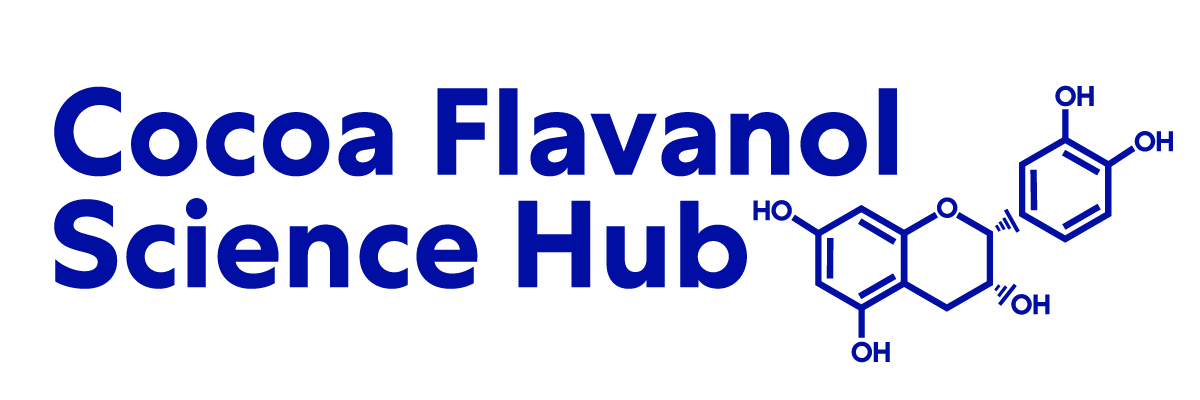The effect of cocoa procyanidins on the transcription and secretion of interleukin 1 beta in peripheral blood mononuclea
Recent data has demonstrated that cacao liquor polyphenols (procyanidins) have antioxidant activity, inhibit mRNA expression of interleukin-2 and are potent inhibitors of acute inflammation. Given the widespread ingestion of cocoa in many cultures, we investigated whether cocoa, in its isolated procyanidin fractions (monomer through decamer), would modulate synthesis of the pro-inflammatory cytokine, interleukin-1 beta. Both resting and phytohemagglutinin (PHA)-stimulated peripheral bloodmononuclear cells (PBMC) were investigated at the levels of transcription and protein secretion. Individual cocoa fractions were shown to augment constitutive IL-1 beta gene expression, although values varied between subjects. Interestingly, the smaller fractions of cocoa (monomer-tetramer) consistently reduced IL-1 beta expression of PHA-stimulated cells by 1-15%, while the larger oligomers (pentamer-decamer) increased expression by 4-52%. These data, observed at thetranscription level, were reflected in protein levels in PHA-induced PBMC. The presence or absence of PHA did not alter the effects of the cocoa procyanidins with the exception of the pentamer. This study offers additional data for the consideration of the health-benefits of dietary polyphenols from a wide variety of foods, including those benefits associated specifically with cocoa and chocolate consumption.
See the Full Study > (opens in a new tab)









